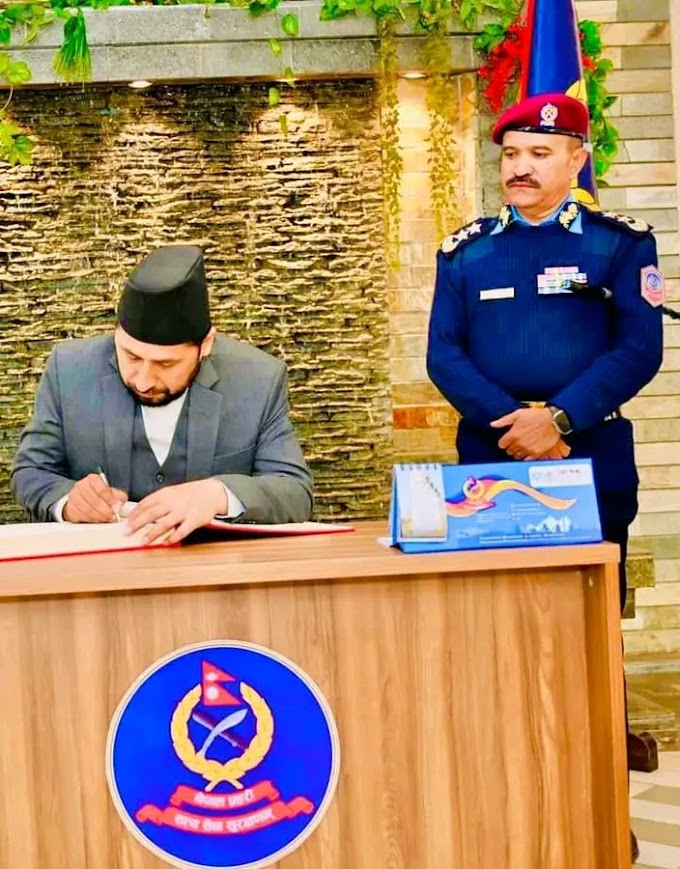Nepal in Uproar: Calls for Legal Reform as Outcry for Justice Echoes in #JusticeForSalin Movement
 |
Justice For Salin |
The #JusticeForSalin movement has gained momentum across Nepal, spurred by the harrowing case of Salin Subedi, a victim of sexual assault. JayaNari Sabitri, a prominent advocate, has voiced the growing frustration with the inadequacy of current legal measures in addressing such crimes. In her impassioned plea, she questions, "How long until enough is enough? Are we to tolerate this brutality indefinitely?" Sabitri's words resonate with many, as citizens demand accountability from both the legal system and society as a whole.
The outcry for justice underscores a deep-seated concern over the prevalence of sexual violence and the impunity often enjoyed by perpetrators. Despite strides in legal frameworks, cases like Salin's highlight systemic failures in delivering justice. Advocates argue that the current punitive measures fall short in deterring such heinous acts, leaving survivors vulnerable to further harm.
Amidst mounting pressure, legal experts and rights activists are urging for substantive reforms. They stress the urgency of revisiting laws to ensure swift and effective prosecution of offenders. Sabitri, along with other legal advocates, emphasizes the need for a proactive approach, asserting, "We cannot afford to wait for tragedies to spur action. Prevention and accountability must be our foremost priorities."
The mobilization behind #JusticeForSalin signifies a collective call for societal change. Beyond legislative amendments, it underscores the imperative for cultural shifts that challenge ingrained attitudes towards gender-based violence. Grassroots movements, buoyed by social media campaigns, are galvanizing communities to confront the pervasive silence surrounding these issues.
As the nation grapples with this moral reckoning, the resolve to achieve justice for Salin and countless others remains unwavering. The call for legal reform reverberates with a sense of urgency, echoing the sentiments of a populace unwilling to accept complacency in the face of injustice. In the words of Sabitri, "Let us not wait for tragedy to compel us to act. The time for change is now."
In response to the impassioned plea from advocates and the resounding outcry from citizens, the government faces mounting pressure to heed calls for reform. The urgency of the moment demands a concerted effort to enact substantive changes that uphold the rights and dignity of all individuals. The #JusticeForSalin movement serves as a poignant reminder of the collective power of voices united in pursuit of justice and equality.







